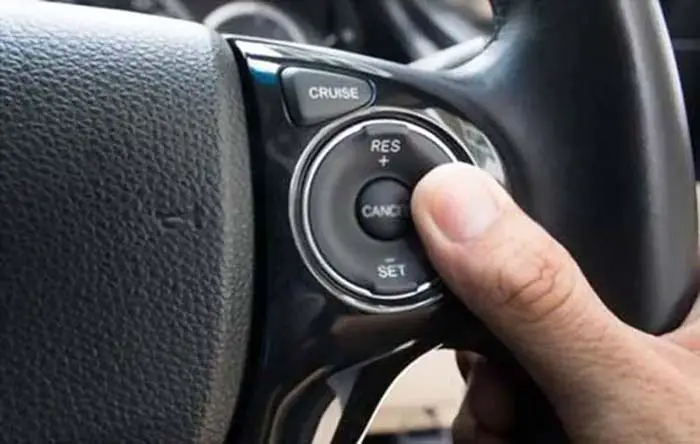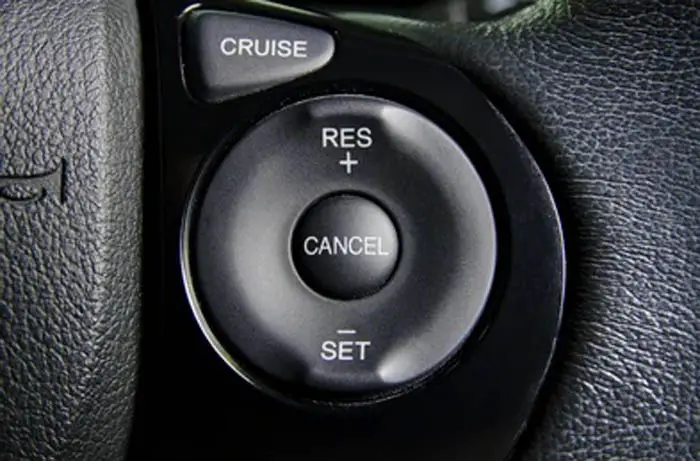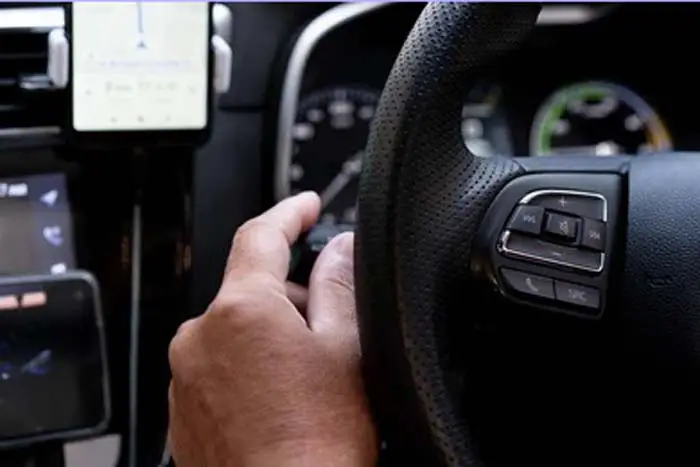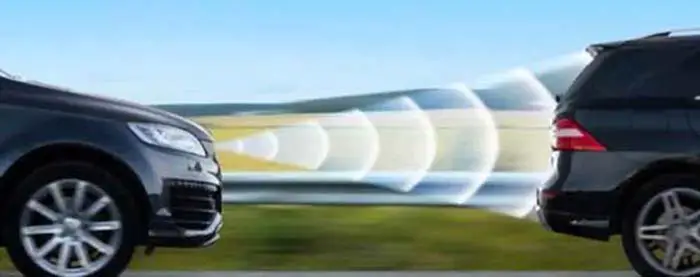
According to the research, adaptive cruise control gives you comfort by spending less attention on driving. It maintains a constant driving speed as well as increases or decreases the speed of the car automatically. It helps the driver to spend less energy while following another car in front of the car so that the driver stays focused on the traffic around the car.
If you want to know more about adaptive cruise control, luckily this page is for you. If you’re wondering how adaptive cruise control can benefit your driving experience, look no further! In this powerful article, you will quickly learn what adaptive cruise control is in a car.
Related Post: The Ultimate Guide To Cruise Control Symbol & Adaptive Cruise Control Symbol
What Is Adaptive Cruise Control System
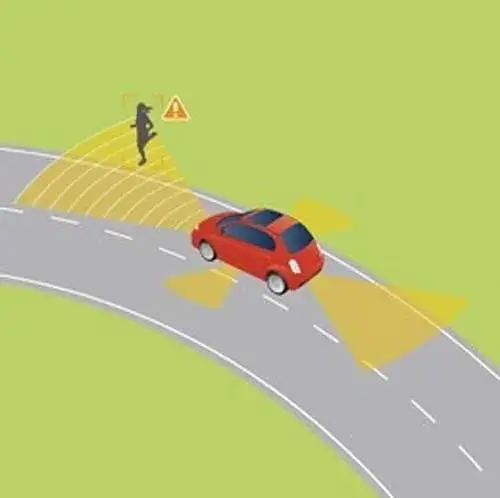
Also called intelligent cruise control, active cruise control, autonomous cruise control, radar cruise control, or dynamic cruise control.
Adaptive cruise control (ACC) is an advanced version of normal cruise control, which maintains a steady car speed with the addition of automatically speeding up and slowing down the car to maintain a proper distance from the car in front of your car.
It is similar to regular cruise control to maintain a constant speed, but unlike regular cruise control it automatically speeds up or slows down the speed of the car to keep a safe distance from the car ahead of your car. Adaptive cruise control is an intelligent form of cruise control that automatically speeds up and slows down the car’s pace related to the car ahead of you.
It reprograms the car computer to maintain a time gap of almost 2, or 3 seconds distance behind another car ahead of your car. The adaptive cruise control has a collision prevention feature. It will warn you about potential forward collision by producing an audible signal or even with short braking jerks or a “Brake Now” warning light appearing on the instrument panel.
Related Post: What Is Cruise Control In A Car Mystery Explained!
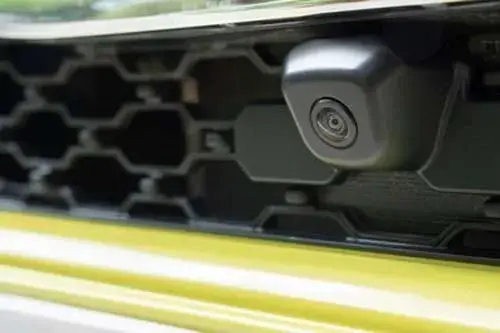
Adaptive cruise control uses computer-connected forward-looking sensors, such as radars, lasers, or cameras to analyze the road ahead of you for up to 500 feet (150 meters) in your lane for traffic. These sensors are located behind the front grille or under the front bumper, which measures how close one car to another is.
These sensors allow the car to detect the speed of the traffic ahead of your car. If you come across a slow-moving car, the adaptive cruise control will slow down the speed of your car by releasing the accelerator or applying the brake to completely stop the car, and accelerates again to the preset speed when the roads become clear.
It senses the relative distance, and speed of the car in your lane and calculates them together to approach a strategy of controlling the speed of the car. If there are multiple cars in your lane ahead of your car, the sensor will decide which car should tack.
ACC is designed to assist the driver however, it is not a substitute for human-safe driving practices. Therefore, it is advisable to use caution when using ACC. The system will not detect all objects in the vehicle’s path and may not brake/decelerate for stationary objects, or objects that suddenly cross into the vehicle’s path. Additionally, ACC may be limited by poor weather or road conditions.
This is an Info
The adaptive cruise control protects the car collision from a head-on position in the same lane. I mean, it protects a head-on collision, not a side-to-side collision.
Related Post: What Is Cruise Control In A Car And How It Works
Frequently Asked Questions (FAQs)
Adaptive cruise control (ACC) is an automated safety system that adjusts a vehicle’s speed to maintain a safe following distance from the car in front of it. The system uses sensors to detect the speed and distance of the vehicle ahead, and then automatically adjusts the speed of the vehicle accordingly. ACC is often used in conjunction with other automated safety features, such as lane-keeping assistance and automatic emergency braking.
The answer to this question is a bit complicated and depends on a few factors. Generally speaking, adaptive cruise control does work at night, but there are some caveats. For example, if the conditions are particularly dark or if there is heavy rain or snowfall, the system may not work as well. Additionally, if the roads are not well-lit, the system may have difficulty detecting other vehicles and may not function properly.
Sign Up

